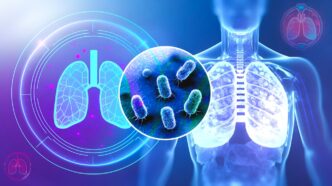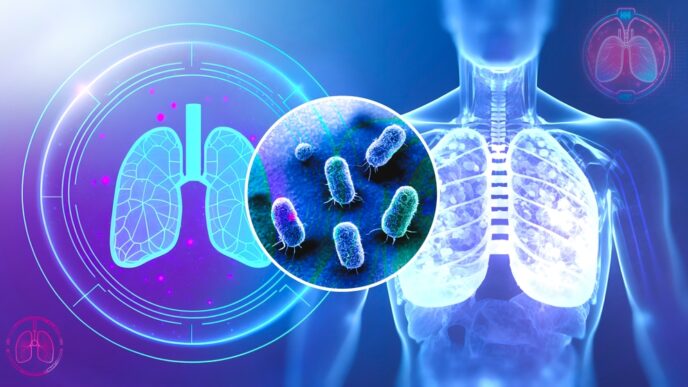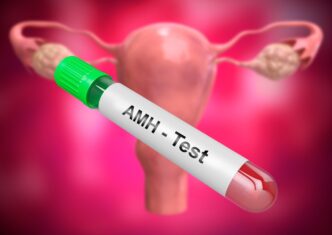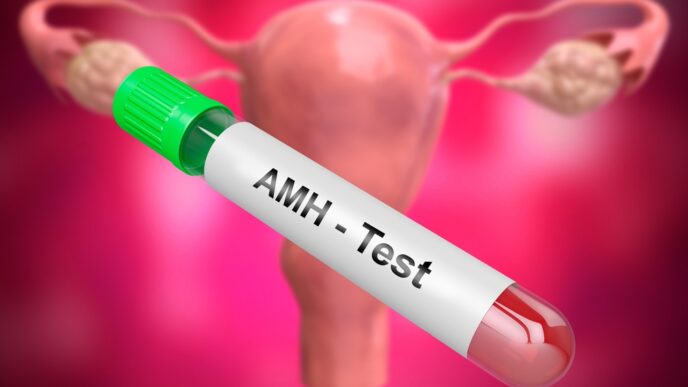Words Jennifer F. Netto
GUT AS THE SECOND BRAIN
Constipation arises because of improper colonic transit also known as the emptying of the bowels and is due to hard and dry stool. Bowel movement is dependent on the efficiency of the enteric nervous system (ENS) which lies within the walls of the gut. The gut is also known as the second brain because of its gut-brain connection which activates ENS under healthy conditions and allows the colon to efficiently aid in bowel movement through transmission of neuron signals to the brain, affecting the intestinal transit time.
WHAT IS INTESTINAL TRANSIT TIME?
The intestinal transit time is a digestive health indicator. It is described as the time between eating food and excreting stool. The gut is more than a mere food processing system and it needs time to do its work effectively, therefore it takes between six and eight hours on average for food to pass into the large intestine (colon) where it would spend close to 40 hours on average before being excreted. The exact time of excretion depends on one’s metabolic rate, the complexity of food that was eaten and the activeness of the ENS system.
According to food nutritionist Despina Kamper, an ideal transit time is about 12-48 hours. If excretion happens sooner, optimal absorption of nutrients can be hindered, whereas if delayed, can cause constipation. Since the colon is the main section in the gastrointestinal tract for water and electrolytes absorption, the longer stool stays in the colon, the more water is absorbed, leaving stool dry and hard.
TACKLING CONSTIPATION, INTESTINAL TRANSIT TIME AND THE FUNCTIONALITY OF THE SECOND BRAIN
If your child suffers from constipation and has a long intestinal transit time, you could consider improving your child’s diet by increasing fluid and dietary fibre intake. Rule out intolerances and allergies by identifying which types of food causes an onset of constipation (meat, fish, eggs, lentils, etc). Increasing physical activities, is also known to speed up this transit time as exercising increases the body’s metabolic rate, regulates hormones and aids the ENS in performing more effectively and efficiently to help prevent constipation in your child.
References:
- Müller, M., et al. (2018). Gastrointestinal Transit Time, Glucose Homeostasis and Metabolic Health: Modulation by Dietary Fibers. Nutrients;10(3):275.
- The Daily Telegraph. Gut transit time can be big indicator of your digestive health.Retrieved from: https://www.dailytelegraph.com.au/lifestyle/health/body-soul-daily/gut-transit-time-can-be-big-indicator-of-your-digestive-health/news-story/badc481cb67bc3bcb508e4ad93671132.
- Medical News Today. What are the different types of poop?Retrieved from: https://www.medicalnewstoday.com/articles/320938.php.
- Scientific American. Think Twice: How the Gut’s “Second Brain” Influences Mood and Well-Being.Retrieved from: https://www.scientificamerican.com/article/gut-second-brain/.
- GI Society: Canadian Society of Intestinal Research. Constipation Overview.Retrieved from: https://www.badgut.org/information-centre/a-z-digestive-topics/constipation/.
- Eisenhofer, G., et al. (1997). Substantial production of dopamine in the human gastrointestinal tract. J Clin Endocrinol Metab;82(11):3864–3871.
- Spencer, N.J., et al. Identification of a Rhythmic Firing Pattern in the Enteric Nervous System That Generates Rhythmic Electrical Activity in Smooth Muscle. Journal of Neuroscience;38(24):5507–5522.














